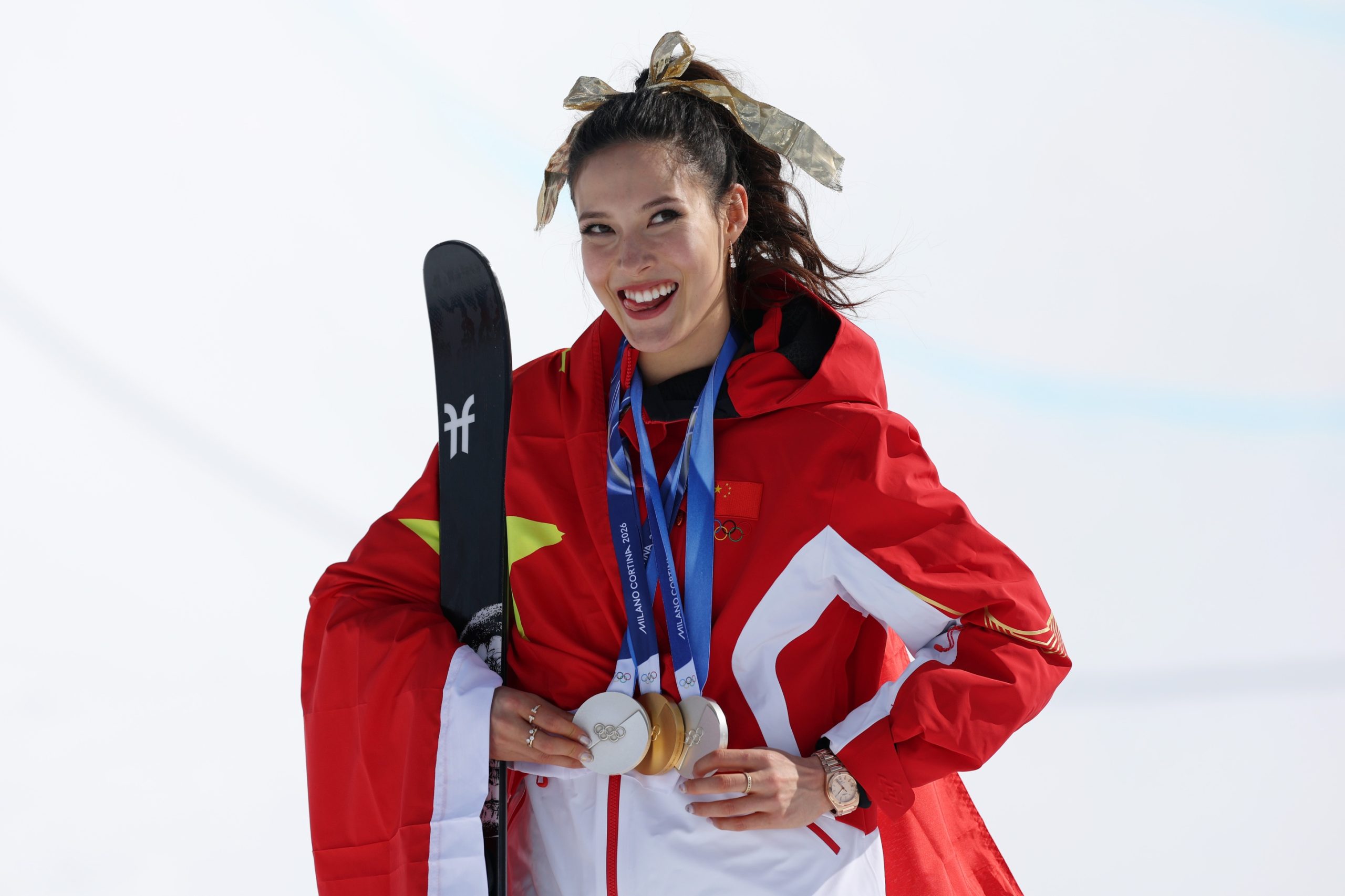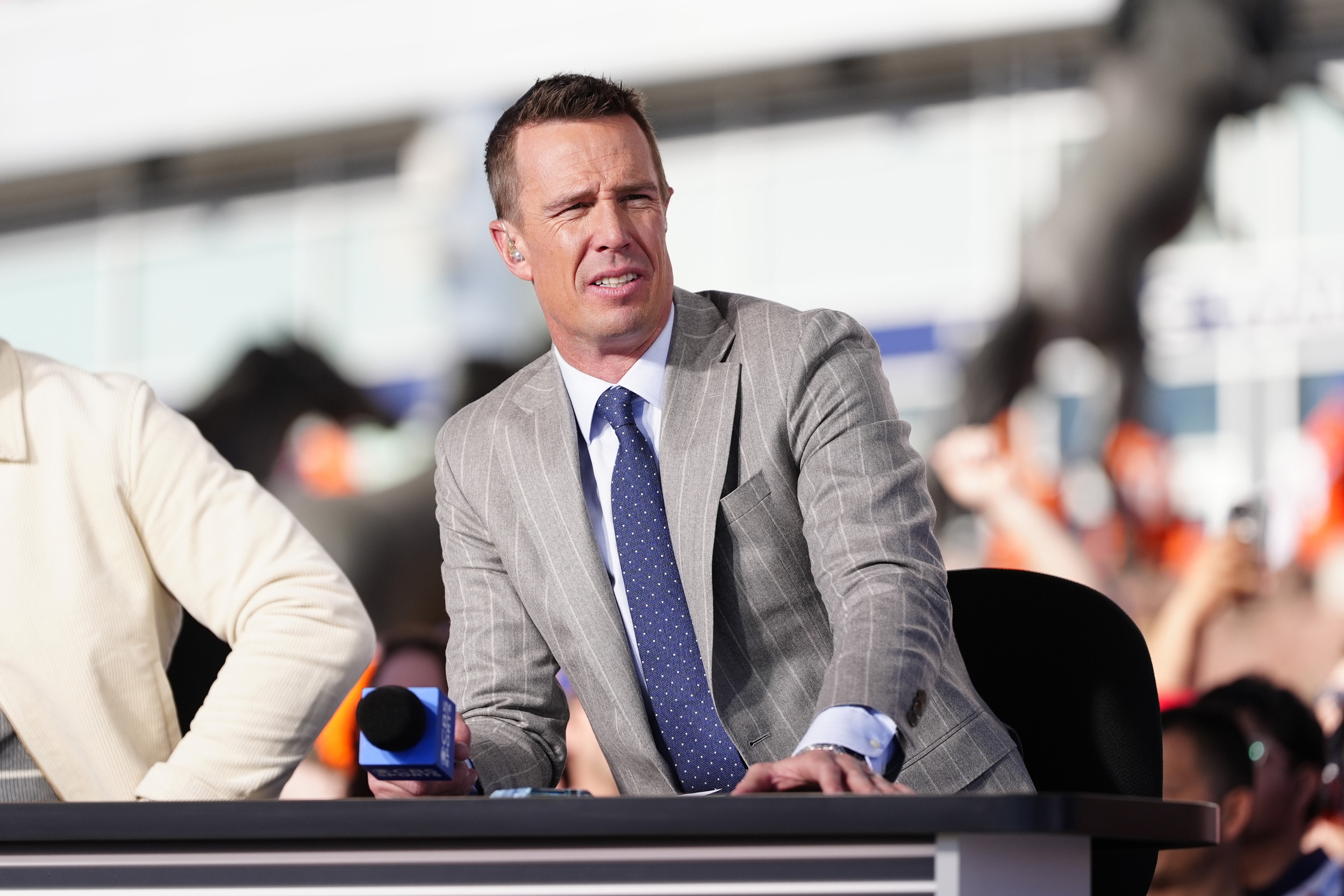 The NCAA suffered a significant blow Friday afternoon when U.S. District Judge Claudia Wilken ruled in favor of plaintiffs Ed O’Bannon and other former Division 1 NCAA athletes, stating that the amateur sports governing body violated antitrust laws by placing limits on athlete compensation. O’Bannon, the former Naismith Player of the Year and UCLA star, had sued the NCAA after noticing his likeness was being used in a video game. Here’s the key passage from the 99-page ruling (which you can read in its entirety here), courtesy of Sports Illustrated:
The NCAA suffered a significant blow Friday afternoon when U.S. District Judge Claudia Wilken ruled in favor of plaintiffs Ed O’Bannon and other former Division 1 NCAA athletes, stating that the amateur sports governing body violated antitrust laws by placing limits on athlete compensation. O’Bannon, the former Naismith Player of the Year and UCLA star, had sued the NCAA after noticing his likeness was being used in a video game. Here’s the key passage from the 99-page ruling (which you can read in its entirety here), courtesy of Sports Illustrated:
Wilken issued an injunction that will “enjoin the NCAA from enforcing any rules or bylaws that would prohibit its member schools and conferences from offering their FBS football or Division I basketball recruits a limited share of the revenues generated from the use of their names, images, and likenesses in addition to a full grant-in-aid.”
While Wilken’s ruling does not prevent the NCAA from placing caps on student athlete compensation while still being enrolled, it allows for further “limited” compensation once an athlete’s eligibility has expired. The NCAA can appeal the ruling, but legal expert Michael McCann thinks it’s a lost cause:
Not only did O’Bannon win, but he won in a federal circuit – the 9th Circuit – where the appeal will go to a labor-friendly appellate court.
— Michael McCann (@McCannSportsLaw) August 8, 2014
The Supreme Court rejects about 99% of petitions. While O’Bannon v. NCAA is novel & important, odds are against it getting to Supreme Court.
— Michael McCann (@McCannSportsLaw) August 8, 2014
For now, the NCAA has only issued a brief statement in response the ruling (spoiler alert: they disagreed with it!):
“We disagree with the Court’s decision that NCAA rules violate antitrust laws. We note that the Court’s decision sets limits on compensation, but are reviewing the full decision and will provide further comment later. As evidenced by yesterday’s Board of Directors action, the NCAA is committed to fully supporting student-athletes.”






